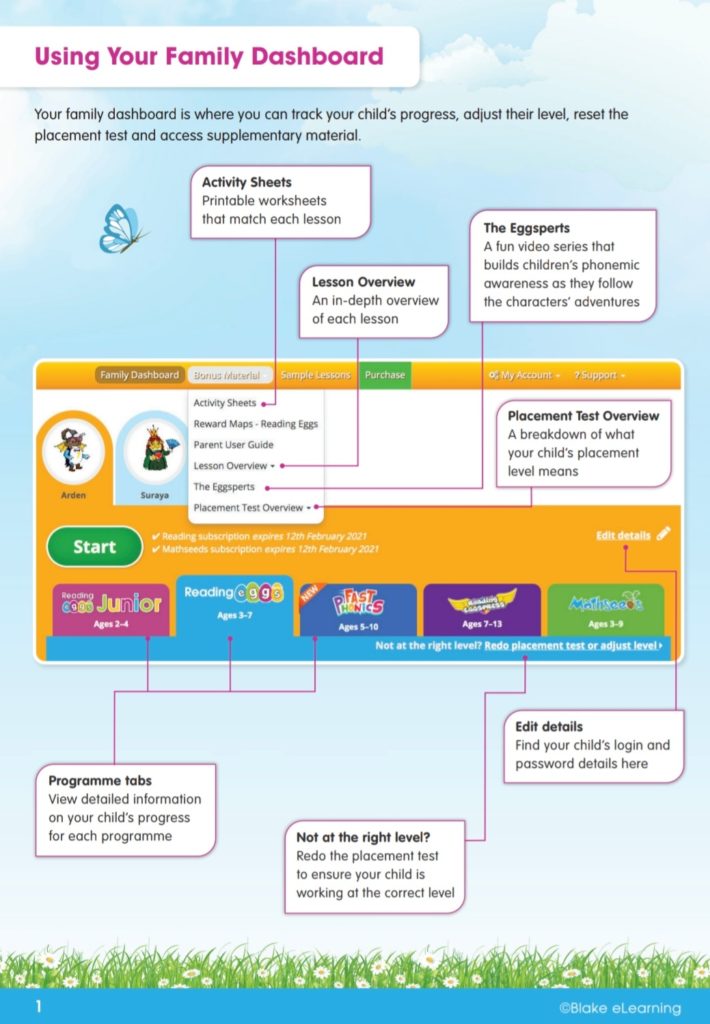This post is sponsored by Reading Eggs
As many schools and institutes opt for some degree of remote learning due to risks posed by the pandemic, many parents parted ways from traditional schools altogether, adopting their own, more flexible curricula that can be better adapted to their schedules and children’s needs. But taking responsibility for your children’s education can seem daunting. Some parents may outsource – write college essay for me Or some may pave their own path.
1) Let them play and stay active
Playing traditional games and making your own up is a fantastic way for kids to learn. Active play is probably the least used form of learning. Getting kids up on their feet, doing different exercises and movements can be incredibly effective for children. For example, if they are learning new sight words – write the words on the pavement with chalk and ask your child to jump to each one as you call it out. Encourage outdoor play so they can also benefit from the nature outside. You don’t need to constantly entertain your children – time to play independently is what really fosters their creativity and self-motivation skills. Children are listening to all that is going on and processing it through play so don’t consider it a waste of time, which brings me to the next point…
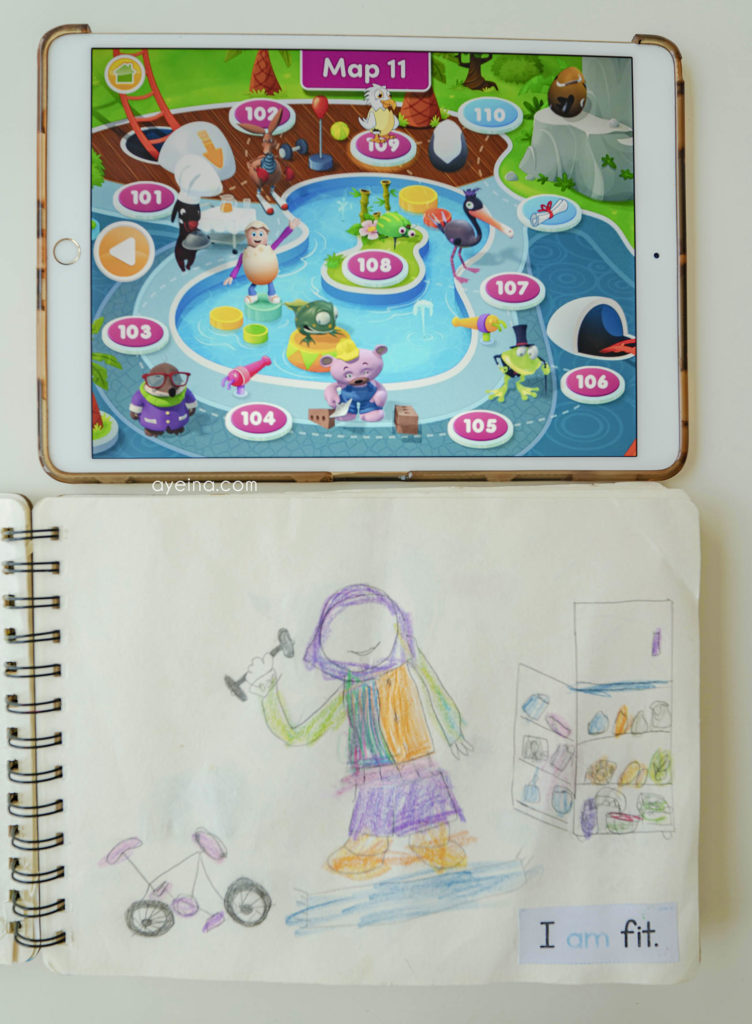
2) The world is their classroom (home =/= school)
School at home is not the same as a class at school. Don’t waste time, energy, and sanity trying to make your home function as a classroom. Embrace the fact that your kids will be learning anytime anywhere. I think we as parents need to remember that learning does not equal schooling. We learn through everyday life and experiences that are not “school-like” in any way, and things do not need to be “academically” educational to be worthy of our time and effort. We can all be creative in the ways we learn different things, whether we are young or old! The most important thing is that we are encouraging our children to explore the world around them because the world is their classroom.
View this post on Instagram
3) Use interactive educational apps that not only teach them new things but also solidify their learning
There are times when I feel like I’ve gone over something so many times in so many ways and the concept doesn’t sink in, but then with a game or repetition that is not boring, it clicks and my daughter gets it. I’m so relieved when this occurs and usually Reading Eggs comes to our rescue in those times. What I LOVE about the subscription is that they send me her progress reports through emails which takes a lot of pressure away from our homeschooling schedule. This means that the app can support kids’ learning without parents’ help too while also keeping the parents updated with the child’s progress. I’m glad that they included Mathseeds in their subscription too (I didn’t know about it when I was buying their subscription – so was glad to feel like I got two subscriptions at one price!).
Reading Eggs grows with your child and there’s content for all age groups. You can get your FREE trial to gain access to hundreds of reading lessons, activity sheets, online reading games, and more. You’ll be able to clearly decide after a month of free trial whether you’d like to continue or no. Alhamdulillah my 6yr old now read chapter books and also reads to her little sister and brother. It has also saved quite a lot of space on our bookshelf through an e-library ranging from fiction to non-fiction books.
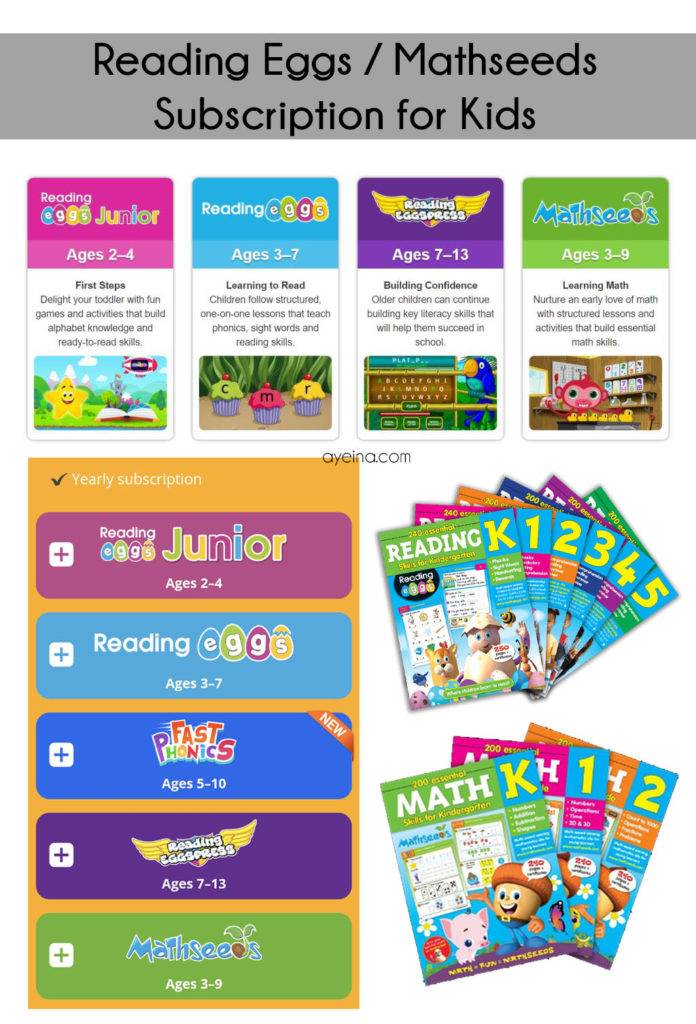
4) Make learning fun with open-ended resources (Incorporate Hands-On Learning)
Be artistic. When I started my now-5yr-old’s reading journey with a second language (English), I printed Reading Eggs free reading list and cut them to stick on a blank drawing book. As my daughter is totally obsessed with art, I asked her to illustrate her own book by reading the sentence on each page and drawing whatever she understands from it. She happily obliged. she progressed really fast so I signed up for Reading Eggs free trial and ended up buying the yearly subscription.
You can also create diagrams and make art to explore concepts. For verbally minded children, writing stories, poems, riddles, and essays will be great fun! Another creative way is using tools like a PDF to JPG converter to turn digital resources, such as printable learning materials, into image formats that children can color, annotate, or include in their art projects. This can add an interactive and hands-on element to learning.
Chalkboards and whiteboards are great re-usable learning tools. Dr-erase boards are also magnetic, so you can put up magnetic letters, numbers, shapes, etc. Individual whiteboards are a fun way to practice writing other than worksheets.
View this post on Instagram
5) Connect with your child
Have a daily “connect” time with your child. This may seem like a time-consuming task – especially if you have multiple kids, but it saves you so much time and energy in other tasks when you understand your child better (knowing what works with them and what doesn’t) and your child responds to you better as well when they feel connected and loved. You may create any special ritual for you and your child (/children) – something that can be done every day. To have that family time, you may read together or listen to stories being read – both ways you can help build your child’s vocabulary and help develop their speaking and listening skills too. If your bookshelf is like mine which has clearly no more space so go for digital books. There is a vast library of books on Reading Eggs.
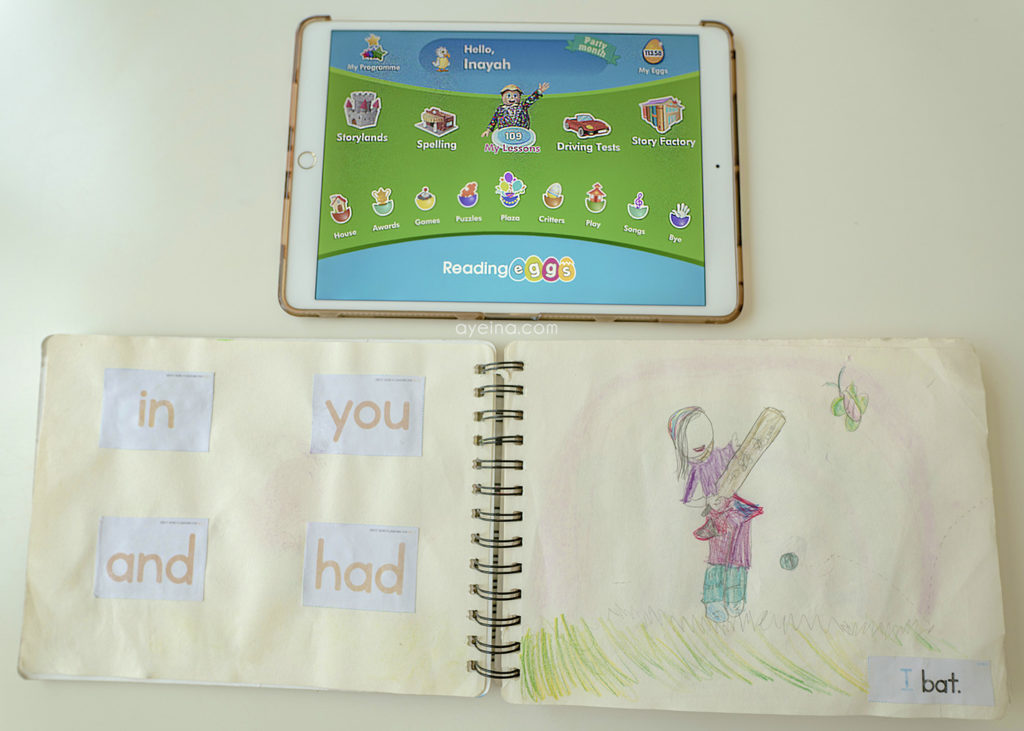
6) Give them freedom and let them take the lead
Allow them to find what they love and give them time each day to explore that. Pushing only causes frustration for both parents and children. This way you will not only take off the burden of picture-perfect schooling from your shoulders, but your kids will also learn to take initiative and be self-motivated as a result. Kids usually like to be totally hands-on and try things for themselves. Do-it-yourself projects, science experiments, and open-ended construction are great for these kids. Giving too many instructions or easy-to-predict projects might not be very attractive to them. Provide them the resources and give them the freedom to explore their interests and support them when they need your help.
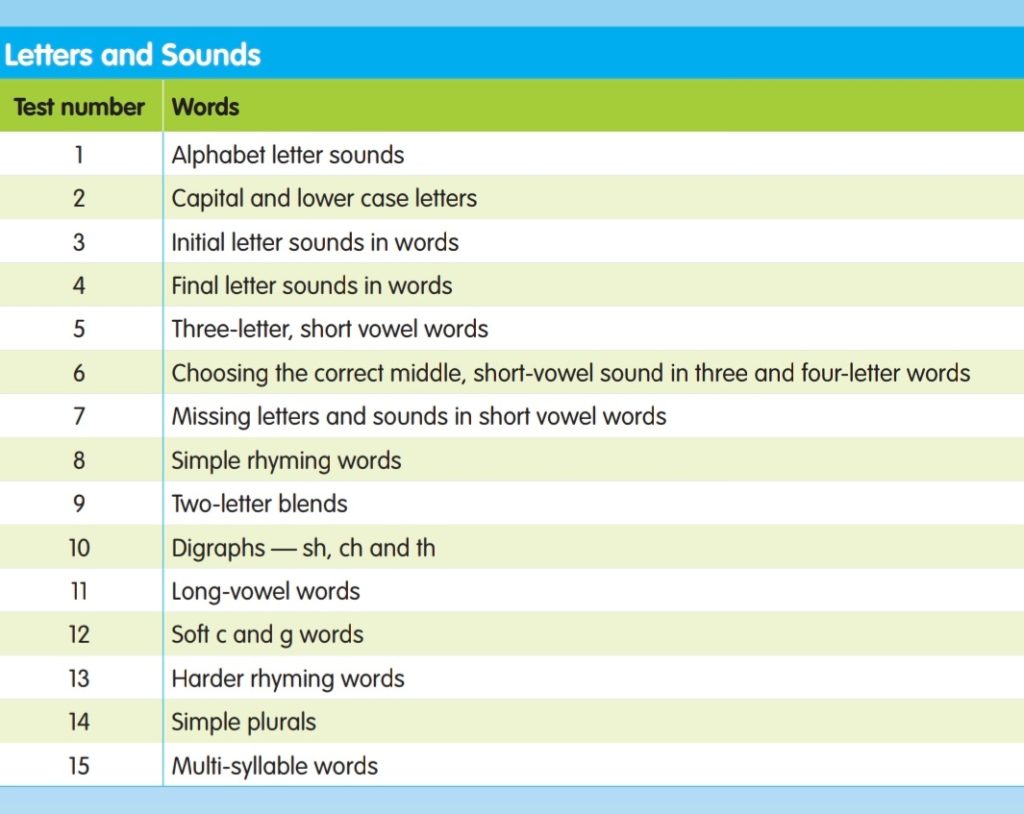
7) Count quality, not quantity (less is more)
When educating your kids at home, think quality instead of quantity. Be it in the form of time or resources. Remember that repetition and consistency are the keys so pick a few resources and stick to them. And the more holistic a resource is, the more benefit you may get out of it when you won’t have to think about a thousand things to do from a thousand different places.
The first time I bought the Reading Eggs app upon the suggestion of another homeschooling mum (whose kids are now in high school), I didn’t know we would be able to cover so many of our subjects within the same price. I bought the app simply to help my child with reading and grammar etc. But we found all our resources in one – from English to Math and from Science to Geography. We were able to cover many aspects of our homeschooling simply through one app alone.
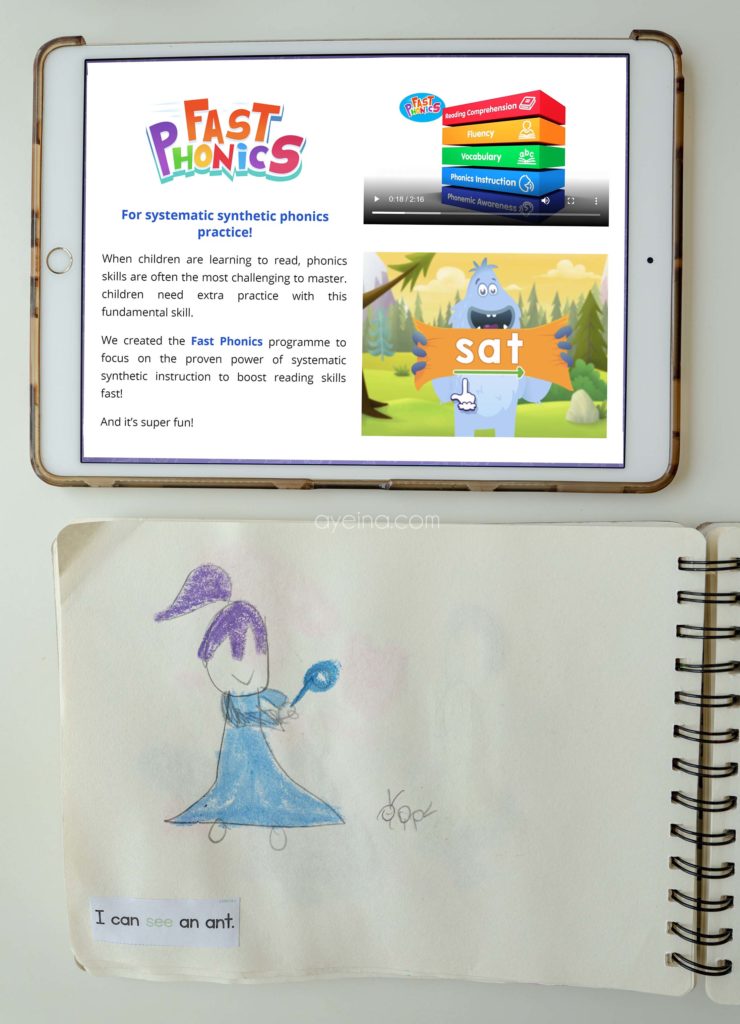
8) Estalish a routine but stay flexible
Establish a routine that is much shorter than the average school day. You don’t have to supervise 20 to 30 children the way a school teacher does, so education at home shouldn’t take as many hours of the day. That could mean having the older ones read with younger children. Don’t be afraid to make judgement calls based on your family situation. Everyone has a different situation. Some parents are out of work, some are on the front lines working overtime, some are attempting to hang onto their jobs while working from home. Create a schedule for your child that takes your family into account. Not only may this look unlike their traditional school day, but it may include getting school work done on weekends when parents have more time to help out. If a routine works for you, then try dividing up the day into different phases such as mealtime, reading, games, and independent time. This doesn’t have to be a strict schedule, but more of a rhythm with rituals your children start to look forward to. Kids thrive on routine and knowing what they’ll be doing that day. Whatever your schedule is, plan breaks throughout the day and remain flexible. Use this moment to teach your children about life and how to live it. In general, lower your expectations and then lower them even further.
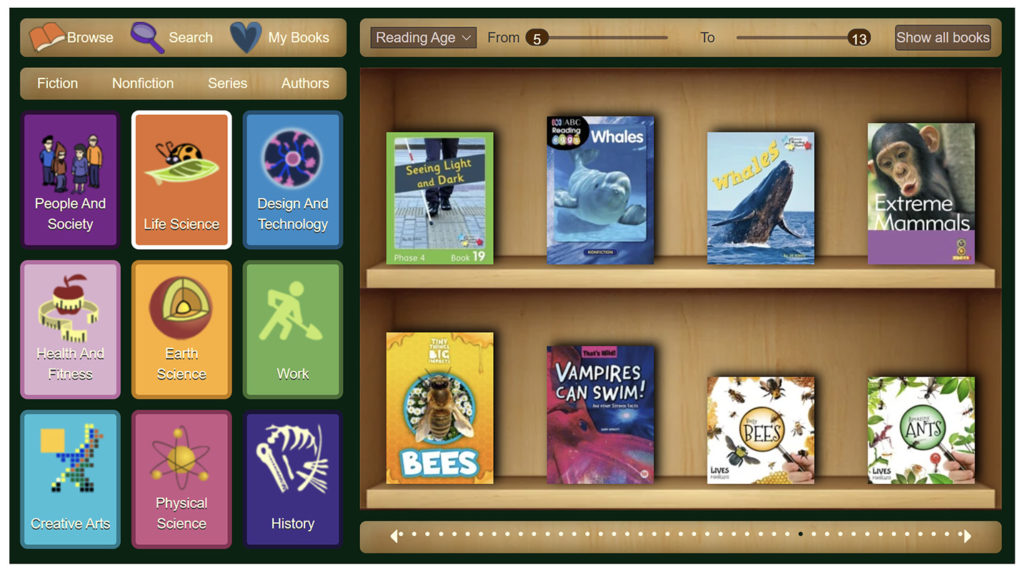
9) Set your goals and make lists to stay organised
it’s important to understand that you have options when it comes to educating your child. Even if you don’t have a wealth of resources at your disposal, there are ways to help your child. Setting goals is a great way to keep you focused on what you want to achieve. Make lists. Lists are a great way to stay organised. Get your child to think about and plan for the week’s activities.
Get kids to think about to-do lists (it’ll save you the worry!).
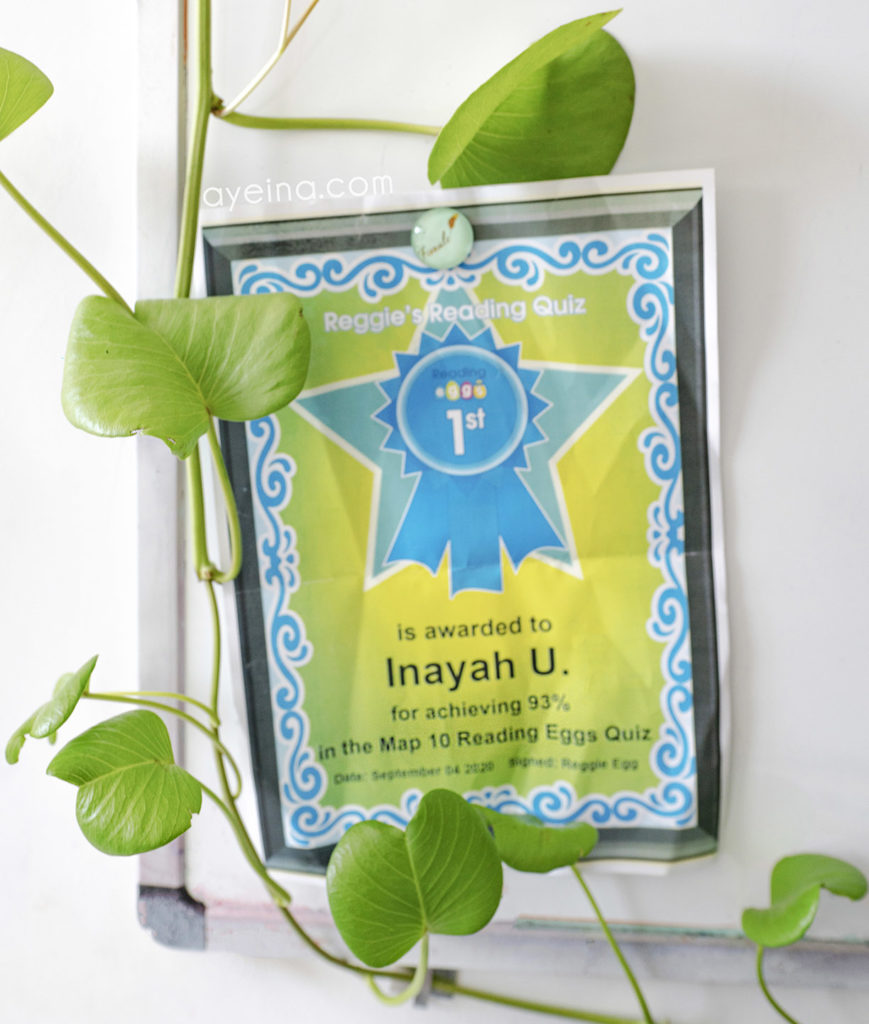
10) Fill your jug to fill their cups
Focus on self-care and emotional health – your child’s and your own. Emotional health is the foundation that all children need to learn. When they are upset or stressed, their brain function is not optimal, and they will struggle to process language, retain information, and think in a rational, reasonable way. We are living in extremely stressful times, and our primary focus right now needs to be on taking care of ourselves and our families. Don’t be hard on yourself.
